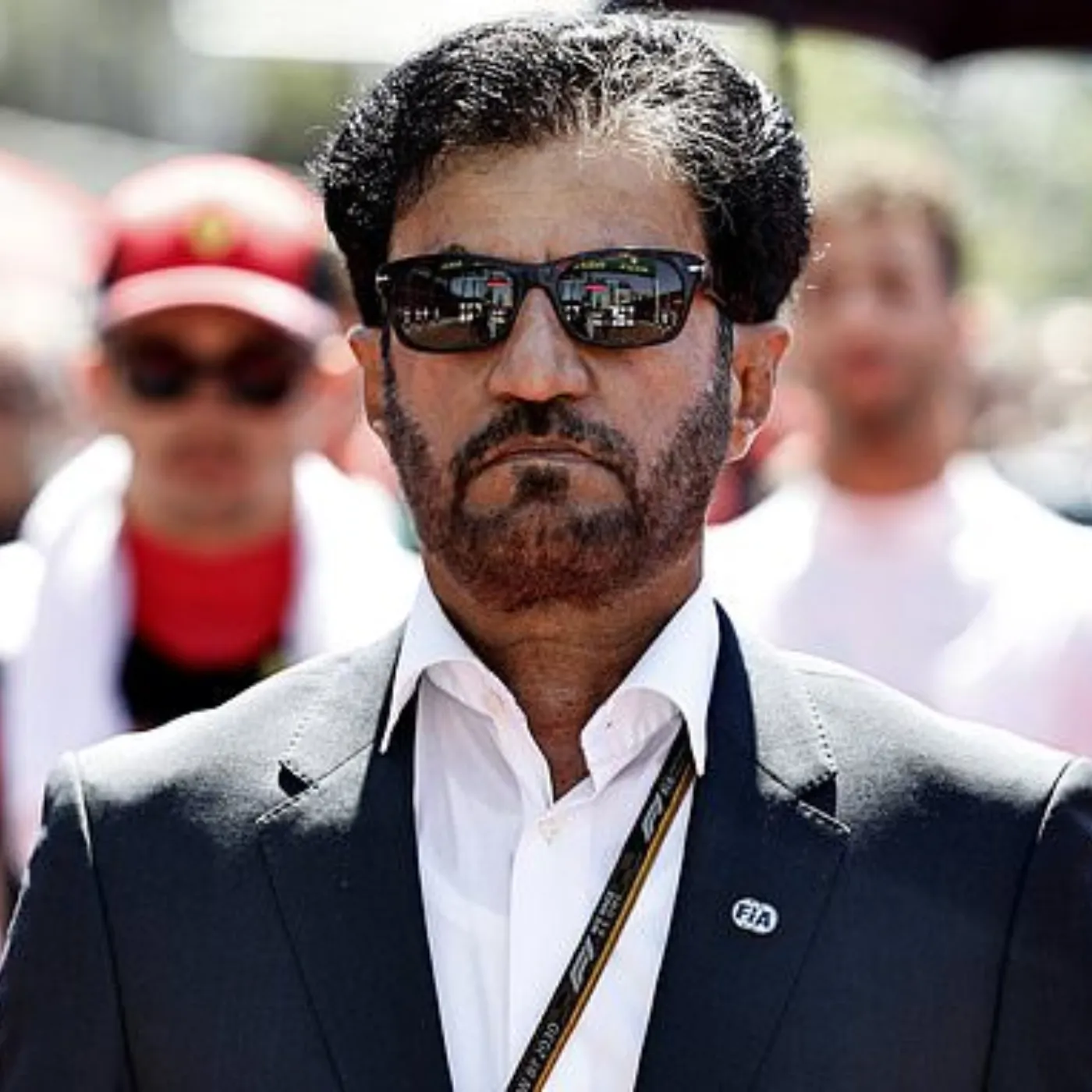

Red Bull Accuses FIA of Sabotage Against Max Verstappen — This Just Got Serious
Formula 1 has seen rivalries, scandals, and political drama—but rarely has a controversy escalated as quickly and as fiercely as the unfolding war of words between Red Bull Racing and the Fédération Internationale de l’Automobile (FIA). This isn’t your usual team-versus-governing-body spat. This is something darker. Something that fans, insiders, and pundits alike are starting to describe as sabotage.
The target? None other than Max Verstappen, the reigning world champion and poster child of Red Bull’s F1 dominance. With whispers growing louder by the day, one question looms over the paddock like a storm cloud: is the FIA really trying to derail Verstappen’s season?
And if so—why now?
Smoke Behind the Safety Car: A Setup in Canada?
It all began with an incident that, on the surface, seemed innocuous. During the 2025 Canadian Grand Prix, under the safety car, George Russell appeared to brake unexpectedly in front of Max Verstappen, forcing the Red Bull driver into a questionable maneuver. Verstappen briefly overtook Russell before correcting his position—a sequence of events that would usually go unnoticed.

But this time, Red Bull immediately filed a protest, accusing Russell of unsportsmanlike conduct and warning the FIA that they believed Verstappen was being set up. Their rationale? Verstappen is currently carrying 11 penalty points on his license. Just one more point would trigger an automatic race ban.
If Verstappen had been penalized in Montreal, he would have been suspended from his home race in Austria—a devastating outcome for Red Bull, who consider that round one of their strongest tracks.
The FIA quickly dismissed the protest, claiming Russell’s braking was legitimate and tied to maintaining tire temperatures. But the damage was already done.
For Red Bull, this wasn’t just a racing incident. It was part of a pattern.
A pattern, they say, points to deliberate targeting.
The Pressure Cooker: Verstappen’s Growing Paranoia
Behind Verstappen’s cool, confident demeanor, those close to the team say the champion has never felt more watched. More judged. More vulnerable.
Earlier in the season, Verstappen was slapped with penalties for language violations—a relatively rare punishment in a sport known for its fiery radio chatter. His expletive-laced interview after a controversial qualifying session led to fines and points, while other drivers, some say, have been let off with warnings for similar behavior.
Red Bull insiders now claim Verstappen is being policed differently than his rivals. Every move is scrutinized. Every word is parsed.
“It’s gotten to the point where he’s watching every sentence,” said one senior engineer. “And that’s not how you get the best out of Max.”
Team principal Christian Horner has gone a step further. He submitted an official warning to the FIA, urging them to protect Verstappen from “manipulative provocation.” The language was unusually strong for an F1 executive. The subtext is unmistakable.
Red Bull believes the FIA is laying traps.
This isn’t just about racecraft. This is psychological warfare.
Theories, Motives, and Hidden Agendas
Why would the FIA, the sport’s governing body, risk its integrity by allegedly targeting its most bankable star?
There are a few theories circulating in the paddock.
First, competitive balance. Red Bull’s dominance in recent years has drawn criticism from rival teams and fans who long for closer racing. Some suspect the FIA is subtly adjusting the landscape to prevent another runaway championship.
Second, there’s Verstappen himself. Brilliant on track but famously blunt off it, the Dutchman has clashed with officials, broadcasters, and even fans. Some believe he’s made enemies in high places—and that those grudges are finally being repaid.
Third, the power struggle between teams and the FIA is more intense than ever. As Liberty Media eyes new race formats and commercial directions, the governing body’s authority is under pressure. Targeting Verstappen, the sport’s biggest lightning rod, could be a way to reassert control. A warning to others.
Red Bull, for its part, isn’t mincing words anymore. They’ve stopped implying. They’re stating.
This is sabotage. And they’re going to fight it.
A Crisis in Motion: What Happens Next?
All eyes are now on the upcoming Austrian Grand Prix, Verstappen’s home race and a venue Red Bull has historically dominated. If Verstappen collects another penalty point—whether for racing contact, track limits, or even post-race comments—he will be automatically banned for a race.
Imagine the fallout.
Thousands of Dutch fans descended on the Red Bull Ring, only to be told their hero was suspended. The backlash would be immediate—and brutal.
Red Bull has already signaled that any further penalty applied to Verstappen will be met with formal appeals, potential legal action, and public scrutiny of FIA decision-making. Sources say they’re even exploring the possibility of hiring external investigators to audit disciplinary consistency across the grid.
Other teams are watching with curiosity—and some, perhaps, with quiet satisfaction. If the FIA succeeds in grounding Verstappen, the championship race opens wide.
But the risk to Formula 1’s credibility is enormous.
A championship cannot be decided in meeting rooms and legal chambers. It must be earned on track. And if fans believe that politics—not performance—is shaping the outcome, the damage could be irreversible.
The Bigger Picture: Trust in the Balance

Whether or not Red Bull’s claims are substantiated, the fact that they feel cornered enough to make them says a lot about the current state of F1.
Trust between teams and the FIA is strained.
Drivers no longer know what’s permitted one week to the next.
And fans, always the final judge, are growing skeptical.
FIA President Mohammed Ben Sulayem has so far stayed silent on the controversy. But pressure is mounting. The media wants answers. Sponsors want stability. And Verstappen’s supporters want fairness.
There’s still time to de-escalate. Still a path back to clarity.
But only if the FIA begins to explain—not just enforce.
Only if Red Bull reins in its rhetoric and presents evidence.
And only if the sport remembers that rivalries fuel entertainment—but justice preserves legitimacy.
Until then, the questions will keep coming. The tension will keep building. And the world will be watching.
Because if Red Bull’s accusation of sabotage proves true—even in part—this won’t just be a scandal.
It will be the biggest crisis of Formula 1’s modern era.


















